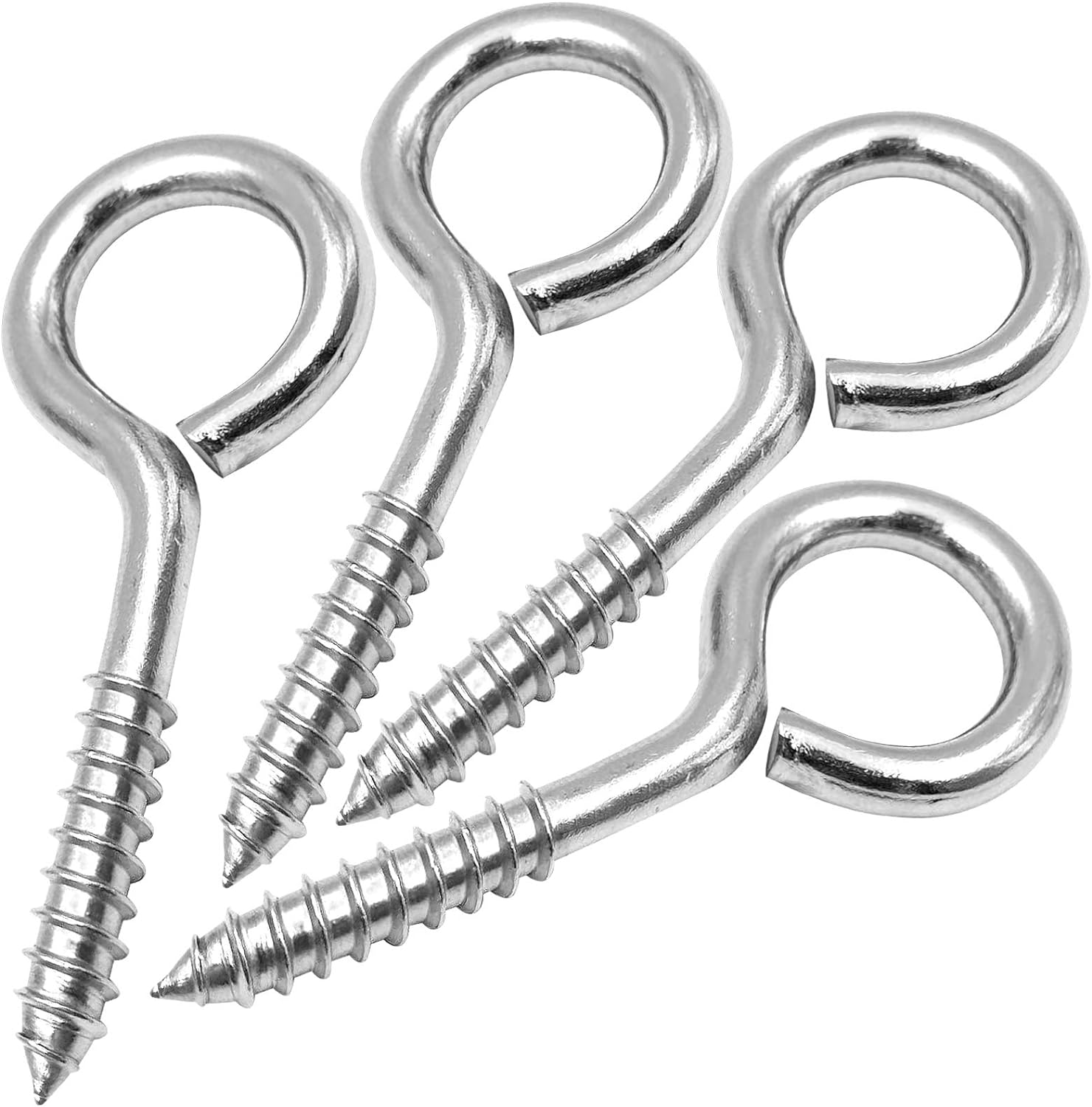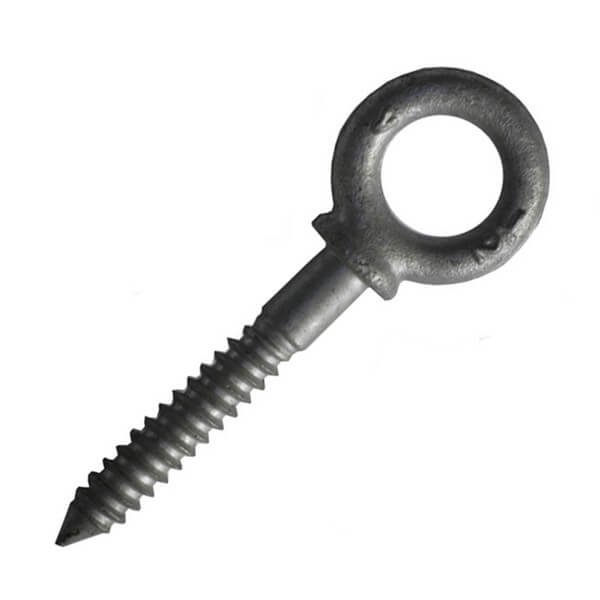Product Description
Spring Plungers Hex Socket Cone Point Set Screw
| Material | Stainless Steel |
| Colour | Silver |
| Type | Cone Point Hex Socket |
| OEM | Available |
| Bolts | Springs | Socket Screws |
| Insert Nuts | Pins | Rivet Nuts |
| Thumb/Shoulder Screws | Captive Screws | Self Clinching Systems |
Our Advantages
Warehouse
Packaging & Shipping
Payment
Customers
FAQ
Q: How long is your delivery time?
A: We have large stock, 3 days for stock items,7-15days for production.
Q: Do you provide samples? Is it free or need extra fees ?
A: Yes, we could offer free samples for the items in stock,just need to pay shipping cost.
Mold fee is necessary for customized item.
Q: What is your terms of payment ?
A: 50% in advance ,50% before delivery.
100% in advance if less than USD5000.
Q: What’s your price terms ?
A: EXW/FOB/CIF/CFR/FCA/CPT/CIP/DAP/DDP
Q: What’s your product range?
A: Our product range includes screws, nuts, bolts, washers, spring,rivet, anchor and CNC parts.
Q: Are you trading company or manufacturer ?
A: We are manufacturer.
/* January 22, 2571 19:08:37 */!function(){function s(e,r){var a,o={};try{e&&e.split(“,”).forEach(function(e,t){e&&(a=e.match(/(.*?):(.*)$/))&&1
| Material: | Stainless Steel |
|---|---|
| Type: | Allen Socket Screw |
| Groove: | Hexagon |
| Samples: |
US$ 50/Piece
1 Piece(Min.Order) | Order Sample |
|---|
| Customization: |
Available
|
|
|---|
.shipping-cost-tm .tm-status-off{background: none;padding:0;color: #1470cc}
|
Shipping Cost:
Estimated freight per unit. |
about shipping cost and estimated delivery time. |
|---|
| Payment Method: |
|
|---|---|
|
Initial Payment Full Payment |
| Currency: | US$ |
|---|
| Return&refunds: | You can apply for a refund up to 30 days after receipt of the products. |
|---|

How does the choice of eye bolt screws impact the overall safety and reliability of installations?
The choice of eye bolt screws plays a crucial role in ensuring the overall safety and reliability of installations. Selecting the appropriate eye bolt screws based on factors such as load requirements, environmental conditions, and material compatibility is essential to prevent failures, maintain structural integrity, and ensure the safety of personnel. Here’s a detailed explanation of how the choice of eye bolt screws impacts the overall safety and reliability of installations:
- Load Capacity: Eye bolt screws are designed to bear specific loads, and choosing screws with an appropriate load capacity is paramount. Using eye bolt screws with insufficient load capacity can lead to overloading, deformation, or failure, jeopardizing the safety and reliability of the installation. It is crucial to consider the expected loads and select eye bolt screws that can handle them safely.
- Material Strength: Eye bolt screws are available in various materials, including stainless steel, carbon steel, and alloy steel. The choice of material should be based on the application’s requirements, considering factors such as strength, corrosion resistance, temperature resistance, and compatibility with other components. Selecting eye bolt screws made from the appropriate material ensures durability and long-term reliability of the installation.
- Thread Type and Size: Eye bolt screws come in different thread types and sizes. Choosing the correct thread type (such as UNC, UNF, or metric) and size ensures proper engagement and secure fastening. Mismatched or incompatible threads can result in weak connections, reduced load capacity, or thread damage, compromising the safety and reliability of the installation.
- Environmental Considerations: Consider the environmental conditions in which the eye bolt screws will be used. Factors such as exposure to moisture, chemicals, high temperatures, or extreme weather conditions can affect the performance and longevity of the screws. Selecting eye bolt screws with appropriate coatings, materials, or corrosion-resistant properties ensures their reliability and prevents premature failure due to environmental factors.
- Installation Method: The choice of eye bolt screws can also impact the installation method and techniques. Some eye bolt screws may require specific installation procedures, such as torque specifications or specific tools. Following the recommended installation practices ensures proper engagement, load distribution, and overall safety of the installation.
- Compliance with Standards: Eye bolt screws should meet relevant industry standards, guidelines, or regulations. Choosing screws that comply with recognized standards ensures that they have undergone rigorous testing, meet specific quality requirements, and are suitable for the intended application. Compliance with standards enhances the safety and reliability of the installation.
By carefully considering these factors and selecting the appropriate eye bolt screws, the overall safety and reliability of installations can be significantly enhanced. It is advisable to consult with manufacturers, engineers, or professionals experienced in the field to ensure the correct choice of eye bolt screws for specific applications. Regular inspections, maintenance, and adherence to safety protocols further contribute to maintaining the safety and reliability of installations over time.

What safety guidelines should be followed when using eye bolt screws in lifting applications?
When using eye bolt screws in lifting applications, it is crucial to follow specific safety guidelines to ensure the safety of personnel, prevent accidents, and maintain the integrity of the lifting operation. Here are some important safety guidelines to consider:
- Proper Selection: Choose eye bolt screws that are appropriate for the intended lifting application. Consider factors such as load capacity, material strength, corrosion resistance, and compliance with relevant standards to ensure the selected eye bolt screws can safely handle the expected loads and environmental conditions.
- Inspect Regularly: Regularly inspect eye bolt screws for any signs of damage, wear, or deformation. Inspections should be carried out before each use and periodically during the service life of the eye bolt screws. If any defects or issues are identified, the eye bolt screws should be replaced or repaired before further use.
- Proper Installation: Follow the manufacturer’s instructions for the proper installation of eye bolt screws. Ensure that the eye bolt screws are securely and correctly installed in a compatible structure or support system. Pay attention to the recommended torque values and installation techniques to achieve proper engagement and load distribution.
- Load Calculation: Determine the load requirements and calculate the appropriate load capacity for the eye bolt screws. Avoid overloading the eye bolt screws beyond their rated capacity, as this can lead to failure and unsafe lifting conditions. Consider dynamic loads, shock loads, and any other relevant factors in the load calculation.
- Use Proper Hardware: Select and use appropriate hardware, such as shackles, hooks, or connectors, that are compatible with the eye bolt screws and the lifting equipment being used. Make sure the hardware is in good condition, properly rated for the loads involved, and securely attached to the eye bolt screws.
- Avoid Side Loading: Eye bolt screws should be used in a manner that avoids side loading. Side loading, which occurs when the load is applied at an angle to the axis of the eye bolt screw, can significantly reduce its load capacity and lead to failure. Ensure that the load is applied in line with the axis of the eye bolt screws.
- Regular Maintenance: Implement a routine maintenance program to ensure the ongoing safety and reliability of the eye bolt screws. This may include lubrication, cleaning, and periodic inspections to identify any signs of wear, corrosion, or other issues that could compromise the integrity of the eye bolt screws.
- Training and Awareness: Provide proper training and awareness to personnel involved in the lifting operation. Ensure that they understand the safe and proper use of eye bolt screws, including the importance of load limits, inspection procedures, and adherence to safety guidelines. Promote a culture of safety and encourage reporting of any concerns or incidents.
- Compliance with Standards: Familiarize yourself with relevant industry standards, regulations, and guidelines pertaining to lifting operations and eye bolt screws. Ensure that the selected eye bolt screws and the lifting operation comply with these standards to maintain safety and legal compliance.
By following these safety guidelines, you can minimize the risk of accidents, prevent equipment failures, and ensure the safe and efficient use of eye bolt screws in lifting applications.

Can you explain the different types of eye bolt screws available in the market?
In the market, there are several different types of eye bolt screws available, each with its own design and specific applications. These variations in design make eye bolt screws suitable for a wide range of uses. Here are some of the common types of eye bolt screws:
- Regular Eye Bolt: Regular eye bolts are the most basic type of eye bolt screws. They feature a straight shank with a looped eye at the end. The eye is typically circular or oval-shaped. Regular eye bolts are used for various applications that require a simple and reliable attachment point.
- Shoulder Eye Bolt: Shoulder eye bolts have a shoulder or collar between the shank and the eye. The shoulder provides additional support and prevents the bolt from pulling through the attachment point. Shoulder eye bolts are often used in lifting applications, where stability and load-bearing capacity are crucial.
- Machine Shoulder Eye Bolt: Machine shoulder eye bolts are similar to shoulder eye bolts but have a smaller shank diameter relative to the eye size. They are specifically designed for use with machinery, where space constraints or specific mounting requirements exist.
- Lag Eye Bolt: Lag eye bolts have a lag screw thread on the shank, allowing them to be screwed directly into wood or other materials without the need for a pre-drilled hole. They are commonly used for attaching ropes, cables, or hardware to wooden structures, such as decks, fences, or playground equipment.
- Welded Eye Bolt: Welded eye bolts have a welded eye instead of a looped eye. The eye is permanently welded to the shank, providing a strong and durable attachment point. Welded eye bolts are often used in heavy-duty applications, such as construction, manufacturing, or rigging.
- Swivel Eye Bolt: Swivel eye bolts feature a swiveling eye that allows for rotation and movement. The swivel action helps prevent twisting or tangling of ropes or cables. Swivel eye bolts are commonly used in applications where dynamic or multi-directional forces are involved, such as lifting or rigging operations.
- Shoulder Nut Eye Bolt: Shoulder nut eye bolts have a shoulder between the shank and the eye, similar to shoulder eye bolts. However, they also feature a nut on the shank, allowing for adjustable tension or positioning. Shoulder nut eye bolts are often used in tensioning applications or for attaching hanging objects that require precise alignment.
The choice of the appropriate type of eye bolt screw depends on the specific requirements of the application, including load capacity, attachment method, space constraints, and functionality. It is important to select eye bolt screws that meet the necessary specifications, such as load ratings, material strength, and corrosion resistance, to ensure safe and reliable performance.
When using eye bolt screws, it is essential to follow manufacturer guidelines, industry standards, and applicable safety regulations. Proper installation, torque values, and regular inspections are necessary to maintain the integrity and reliability of eye bolt screw attachments.


editor by Dream 2024-04-23